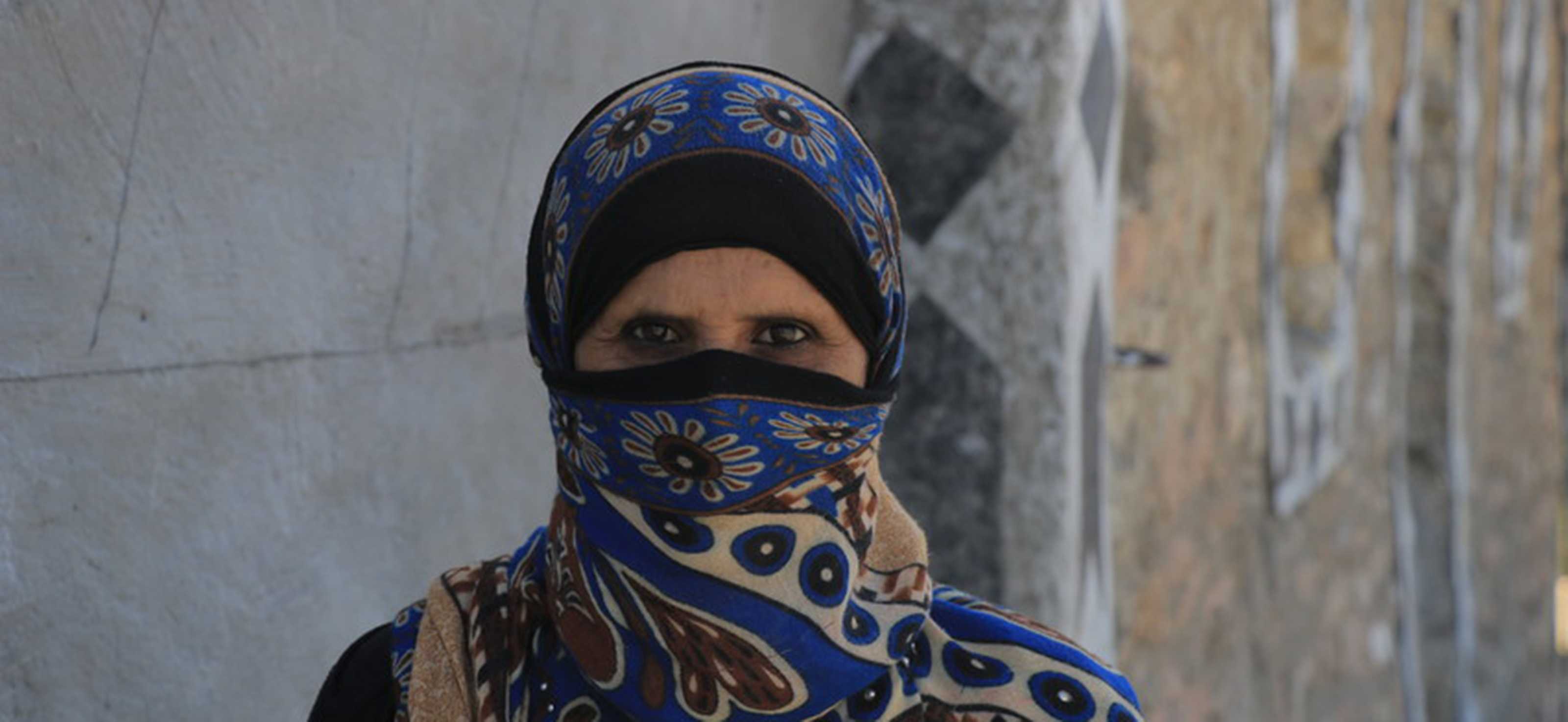Day after day, water was the burden on Ranjsa Ahmed Makurd’s mind and on her back.
Ranjsa lives with her husband and eight children high in the mountains of Yemen – a country now in its sixth year of civil war. She feels safe there, insulated from the violence by distance and rough terrain, but her family is also cut off from society — from markets, from hospitals and even from clean water.
Ranjsa used to spend hours every day hauling heavy buckets of water for her family, down the rocky hillsides and back up again. When she finally got the water home, she had to boil it before it was safe for her family to drink.
Though hauling water occupied most of her waking hours, Ranjsa could never quite carry enough to meet her family's needs. Handwashing was a luxury. Cooking was a challenge. She lived in fear of the dry season and, with it, watching her children get sick or even die from dehydration or hunger.
"The most important problem we have in [my village of] Karb is a lack of water," she said. "We used to go far to bring little amounts of water, which did not cover the needs of my family. Honestly we were wasting time."
And Ranjsa is not alone.
Clean water is essential for health
Globally, 2 billion people drink contaminated water every day, and more than 880 million people — like Ranjsa's family — lack access to a water source entirely. This injustice contributes to staggering incidence of disease, illness and death, especially among children, in the world's poorest communities.
And if communities don't have clean water, no amount of investment in training health workers or strengthening clinics will have an enduring impact if families must continually drink water that makes them sick.
A rainwater cistern changed Ranjsa’s life
Today, Ranjsa has to walk only a few yards from her family's home to access clean water.
Thanks to our generous donors, Corus World Health and our partners installed a rainwater cistern in her backyard. Even small amounts of rain add up to meet her family's needs, and for the first time, Ranjsa is free from the burden of hauling water day after day.
Now she has more time to devote to her children's learning and to finding new ways to supplement her family's income and add variety to their diets— more of the priorities that will improve her family's health and well-being.

